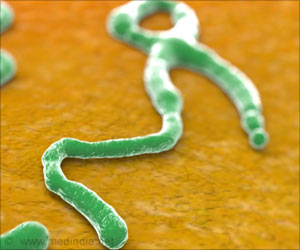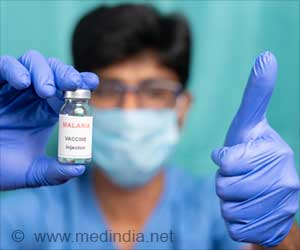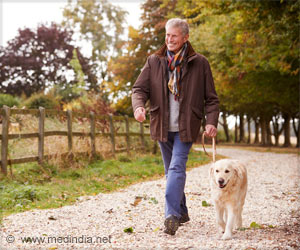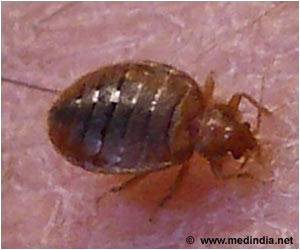Liberian health care workers will go on strike from Monday to demand hazard pay for treating patients infected with Ebola. Liberia is the hardest hit by the Ebola epidemic.

Staff at Monrovia's Island Clinic, the largest government-run Ebola clinic in the capital, have already been on a "go slow" in recent days in their battle for extra pay -- defying a request by health officials to avoid industrial action during the Ebola crisis, which has killed over 4,000 people in west Africa.
Dozens of patients in the clinic have died from Ebola since the go-slow began on Friday, said staff representative Alphonso Wesseh.
"We have slowed down our activities because the government refuses to satisfy our request. Last night tens of patients died," he said.
Wesseh earlier this week told AFP that salaries in the sector were as low as $250 a month.
But government spokesman Isaac Jackson on Friday denied there was any disruption at the Island clinic opened by the World Health Organization in late September to combat the virus, which has claimed over 2,300 lives in Liberia this year.
Advertisement
Healthcare workers have been particularly affected by the current Ebola outbreak, which spreads through contact with bodily fluids.
Advertisement
Addressing a meeting on Ebola organised by the World Bank on Thursday, Liberian President Ellen Johnson Sirleaf, speaking via video link from Monrovia, said support should include "compensation to healthcare workers who, for fear of the risk involved, have refused or are reluctant to return to work".
Source-AFP












